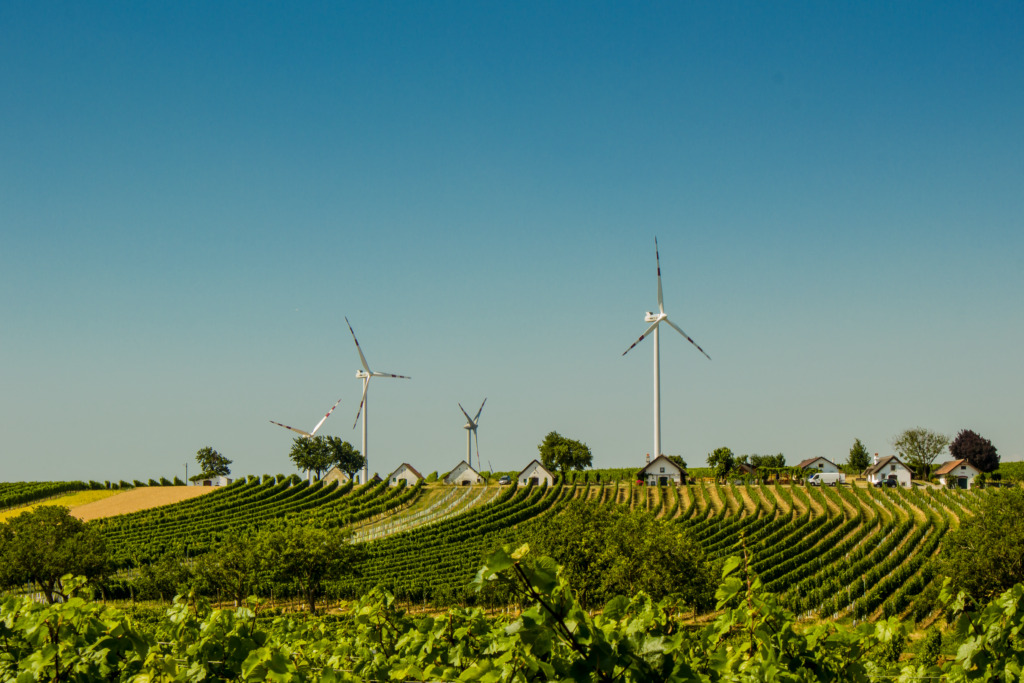Waterside Wines
Sustainable Practices in the Wine Industry

Sustainability has become an increasingly important issue in the wine industry, as winemakers and grape growers recognise the importance of protecting the environment and ensuring the long-term viability of their businesses. Here are some sustainable practices that are being implemented in the wine industry:
Organic farming: Organic farming involves the use of natural fertilizers, crop rotation, and other practices to promote soil health and prevent pests and disease. Organic farming also avoids the use of synthetic pesticides and herbicides, which can harm the environment and potentially contaminate the grapes and soil.
Biodynamic farming: Biodynamic farming takes organic farming a step further by incorporating spiritual and holistic practices. It involves using specific planting and harvesting dates that are determined by lunar cycles, and the use of special preparations made from herbs and animal manure to promote soil health.
Cover crops: Cover crops, such as clover or legumes, are planted in between the rows of grapevines to promote soil health, reduce erosion, and attract beneficial insects.
Water conservation: Many wineries are implementing water conservation practices, such as drip irrigation systems and rainwater collection. They also focus on reducing water waste during the winemaking process.
Energy efficiency: Wineries are implementing energy-efficient practices, such as using solar panels or wind turbines to generate electricity, or using energy-efficient lighting and heating and cooling systems.
Packaging: Wineries are focusing on sustainable packaging options, such as using recycled glass bottles or alternative packaging materials like cans or bag-in-box.
Carbon footprint reduction: Wineries are working to reduce their carbon footprint by using alternative transportation methods, such as electric vehicles, and by implementing energy-efficient production methods.
In conclusion, sustainable practices are becoming more and more important in the wine industry. By implementing sustainable practices, winemakers and grape growers can not only protect the environment but also ensure the long-term viability of their businesses. As consumers become more aware of environmental issues, they are increasingly seeking out sustainably produced wines, which is driving the industry to adopt more sustainable practices.
